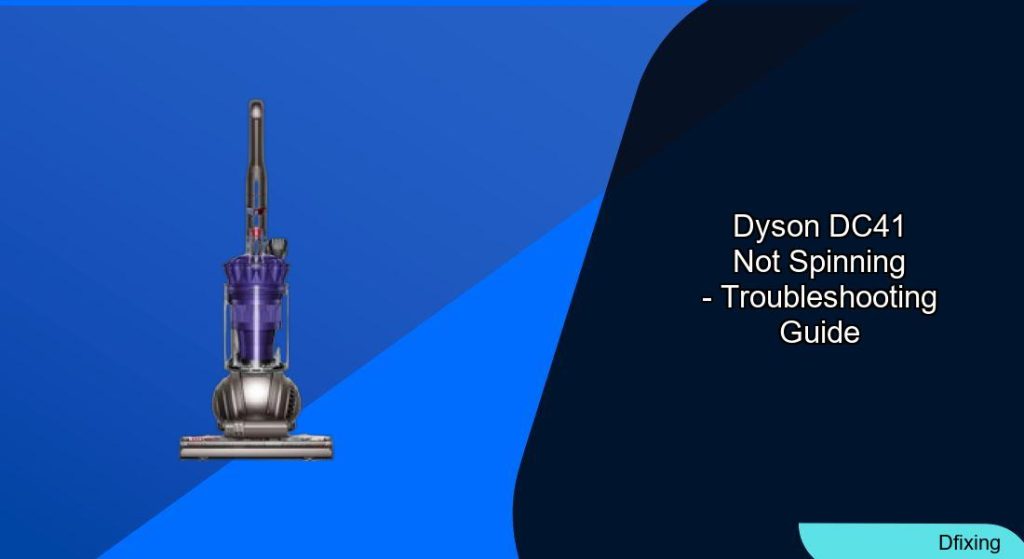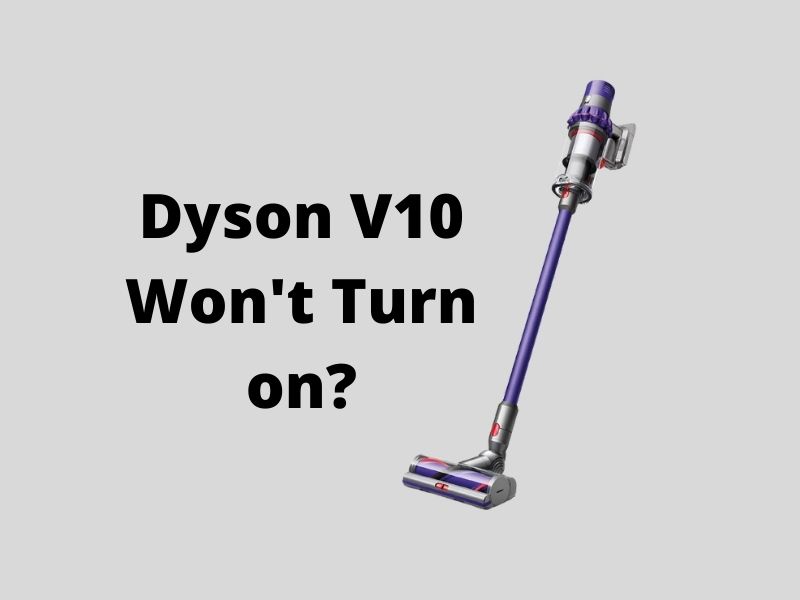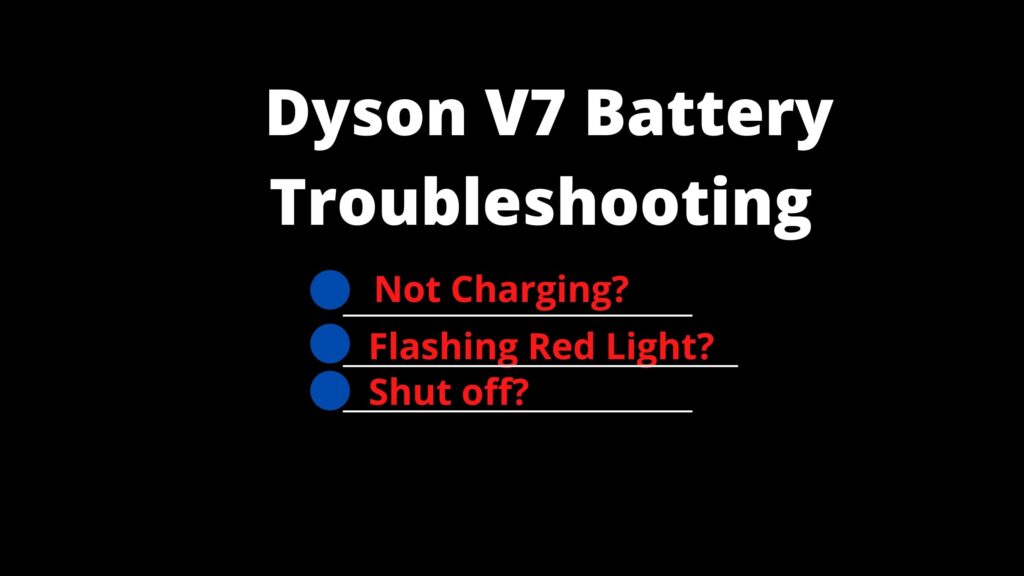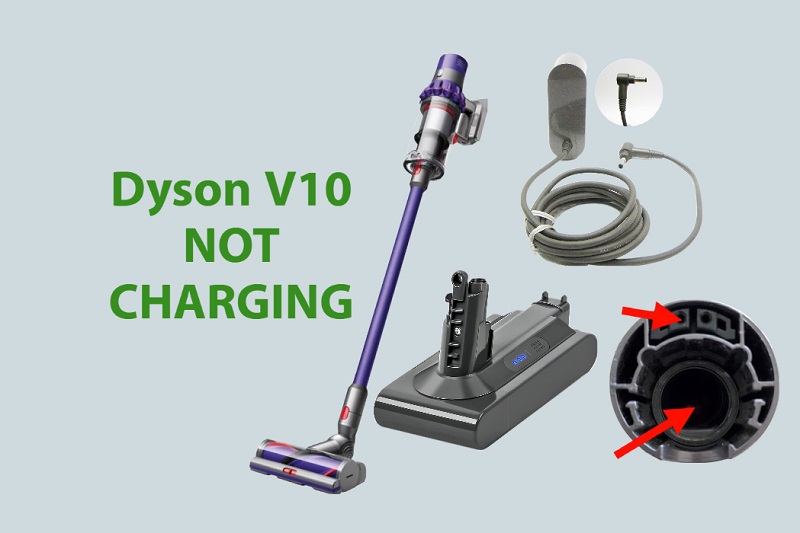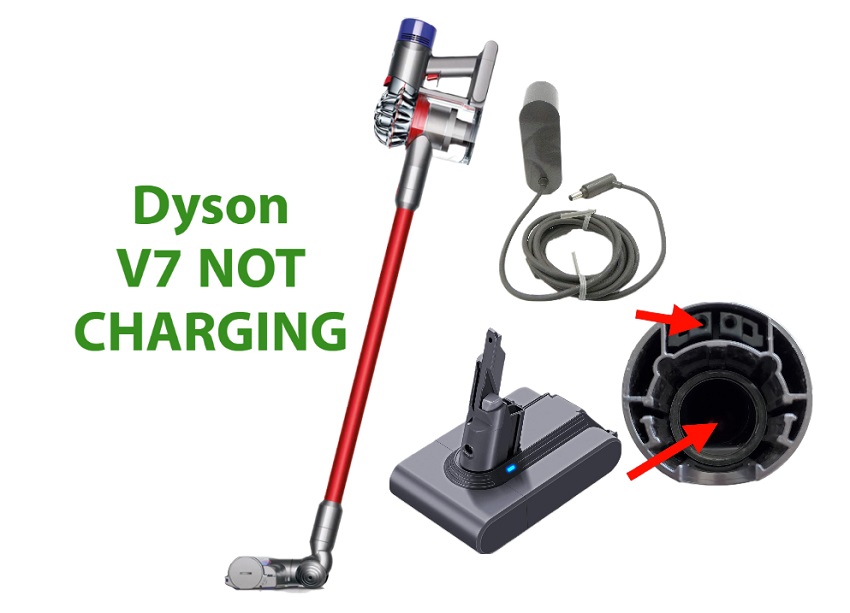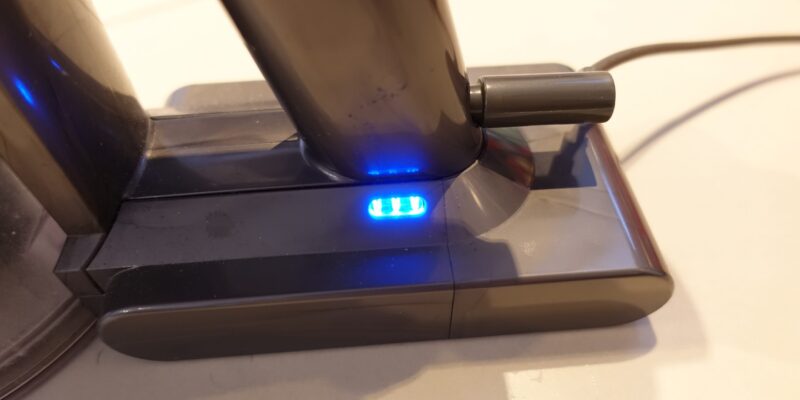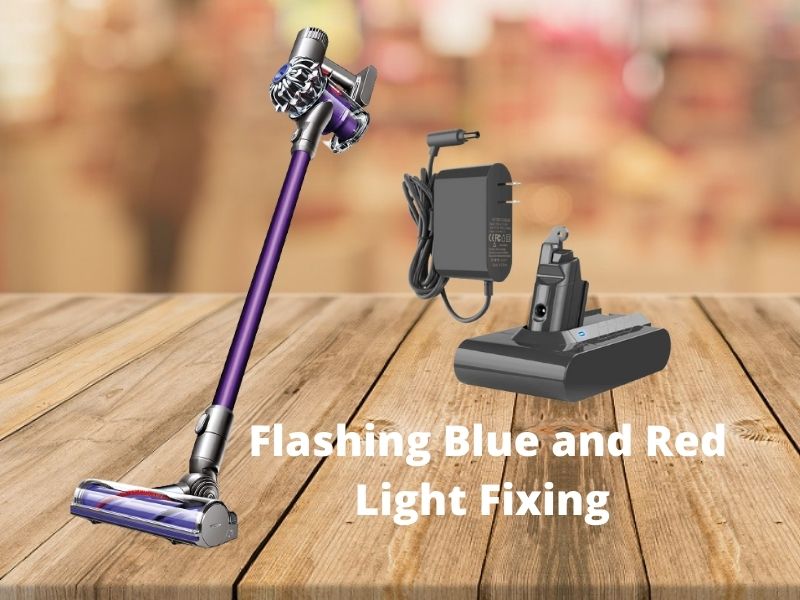The Dyson DC41 vacuum delivers powerful suction, but a non-spinning brush bar can cripple its cleaning performance, especially on carpets. This issue often stems from mechanical or electrical faults, leaving users frustrated despite the vacuum’s otherwise functional motor. This article explores proven troubleshooting steps, from basic fixes like debris removal to advanced diagnostics such as circuit board testing. Whether you’re facing intermittent stops or complete brush bar failure, this guide will walk you through identifying root causes and resolving them effectively.
Affiliate disclosure: As an Amazon associate, We'll earn a commission for every successful order through our affiliate links in the article. However, you won’t be charged anything for this.
Common culprits include debris blockages, loose belt pulleys, and electrical failures. However, deeper issues like motor burnout or circuit board malfunctions require specialized tools and expertise. By following the steps outlined here—including voltage checks, reset procedures, and component replacements—you’ll gain the knowledge to tackle minor repairs or determine when professional intervention is necessary. Regular maintenance tips will also help extend your vacuum’s lifespan.
Common Causes and Initial Fixes
Debris Blockage and Mechanical Adjustments
Hair, threads, or debris often wrap around the brush bar, preventing rotation. To resolve this:
1. Turn off and unplug the vacuum.
2. Manually remove tangled debris from the brush bar.
3. If the blockage persists, detach the brush bar from its housing for thorough cleaning.
If you find that the brush bar is excessively worn or damaged after removing debris, replacing it might be necessary to restore optimal cleaning performance.

Official replacement with proven compatibility and durability

Cost-effective third-party alternative with direct OEM compatibility
Loose belt pulleys are another frequent issue. If the motor armature spins but the brush bar remains still, inspect the belt pulleys for looseness. Tightening them may restore functionality. If pulleys cannot be secured, replace the brush head assembly.
Switch and Electrical Checks
A failing switch can disrupt power to the brush bar. Replace the switch first to rule out this possibility. If the problem continues, test the head’s electrical connection using a multimeter. A functional head should show continuity, indicating the issue lies elsewhere, such as the wiring loom or motor.
Advanced Diagnostics and Repairs
Voltage and Wiring Loom Inspection
Use a multimeter to measure voltage at the brush bar connector. A reading of 300+ DC volts confirms power reaches the component, pointing to a faulty wiring loom or motor. A burnt smell suggests a damaged loom, which requires professional replacement due to its complexity.
Circuit Board and Motor Failures
The circuit board (part number 21029) distributes power to the brush bar. Even without visible damage, it may fail internally. Test for continuity: if the board doesn’t conduct electricity, replace it. Motor burnout, indicated by overheating or a damaged commutator, demands motor replacement. Compatible options like Qualex/Johnston motors work for DC41 and DC25 models, though installation requires precise alignment.
Specific Issues and Reset Procedures
Intermittent Brush Bar Stoppages
A burning odor or sporadic stops often signal motor failure. Repair steps include:
– Cleaning debris from bearings and lubricating moving parts.
– Installing a new brush roll to ensure proper alignment.
– Replacing the motor if overheating persists.
Beater Bar Reset Method
For internal mechanism faults:
1. Extend the beater bar fully to the left.
2. Toggle its on/off button five times while keeping the power button engaged.
3. If ineffective, disassemble the bar, clean debris, and inspect side filters.
Maintenance for Longevity

- Regular Cleaning: Clear brushroll debris weekly and vacuum filters monthly to prevent strain.
- Lubrication: Apply light oil to bearings and the center wheel every six months.
- Monitor Warnings: Address burning smells or overheating immediately to avoid motor damage.
Frequently Asked Questions (FAQ)
How do I check for debris blockages?
Turn off the vacuum, unplug it, and manually remove hair or threads around the brush bar. Use scissors to cut stubborn tangles.
Why isn’t the brush spinning despite full suction?
The motor and suction may function independently of the brush bar. Check for loose belt pulleys, circuit board failures, or a burnt wiring loom.
When should I replace the brush bar motor?
Replace the motor if it overheats, emits a burnt smell, or fails to spin despite confirmed voltage at the connector.
Is the beater bar reset procedure effective?
Yes, toggling the on/off button five times while extended can resolve internal mechanism faults. Combine with cleaning for best results.
Conclusion
A non-spinning brush bar on your Dyson DC41 often stems from preventable issues like debris blockages or loose pulleys, which home repairs can fix. However, electrical failures such as circuit board or motor malfunctions require advanced diagnostics and professional expertise. By following the troubleshooting steps outlined here—prioritizing safety during electrical testing and leveraging reset procedures—you can extend your vacuum’s lifespan.
Regular maintenance remains key to avoiding recurring problems, ensuring your DC41 maintains optimal cleaning performance. For complex issues, consult a repair technician to address motor replacements or board-level faults efficiently.

